
By Ameh Gabriel
Just a few kilometers from Nigeria’s capital city, the community of Piwoyi battles poor infrastructure, overstretched public services, and rising living costs, despite Abuja’s glittering estates surrounding it.
From broken classrooms to a fragile healthcare system, Chief Bahago Tanko, the traditional ruler of Piwoyi, says life in the community has become “a daily test of resilience.”
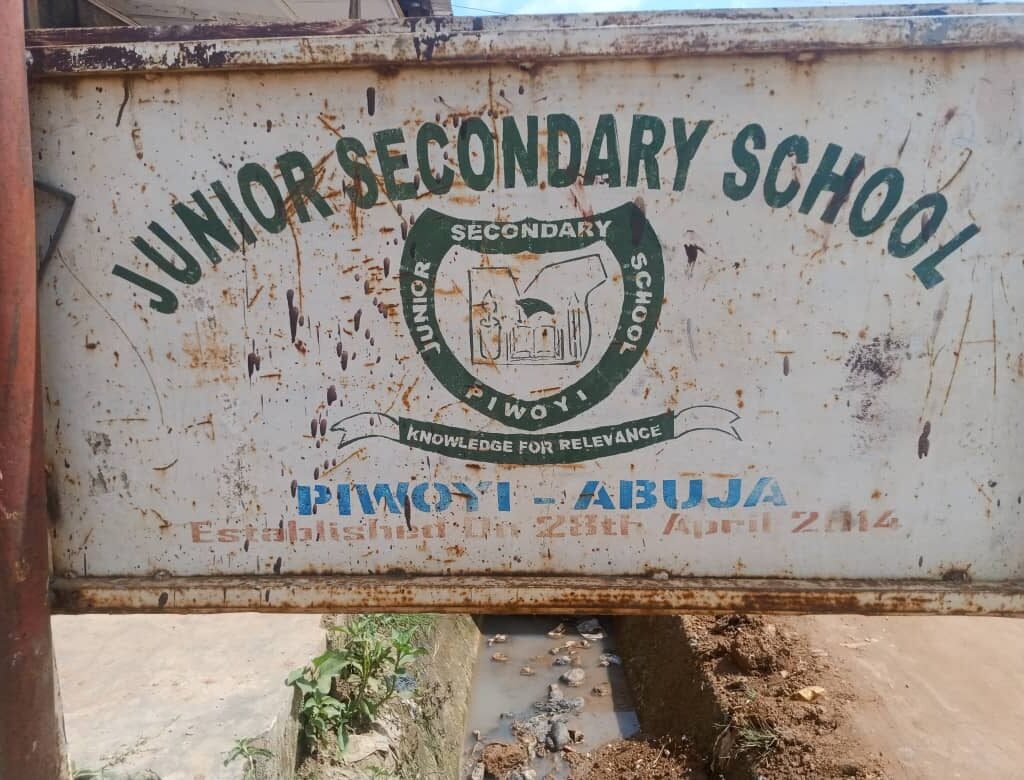
Roads Built by Residents
Residents, in partnership with a private estate, (Space View Estate) recently pooled resources to temporarily fix the collapsed access road. Yet the main market road remains riddled with open gutters and exposed foodstuffs, raising fears of a possible cholera outbreak.
During a phone interview with Media360Impact, the Chairman of Abuja Municipal Area Council (AMAC), Hon. Christopher Zakka Maikalangu, confirmed that AMAC has awarded the road construction contract, but work was delayed by a four-week council workers’ strike.

“Now that the strike is over, the contractors are mobilizing back to site. By Friday, you will begin to see construction work in Piwoyi,” he assured.
Community sources allege the road project was awarded at over ₦642 million, though AMAC says financial details rest with the Department of Works.
Education in Makeshift Classrooms
Education remains a struggle. Piwoyi currently has a primary and junior secondary school, but with recent approval for a senior secondary school, residents had just one week to provide classrooms. With no resources, they converted dilapidated blocks into makeshift classrooms.
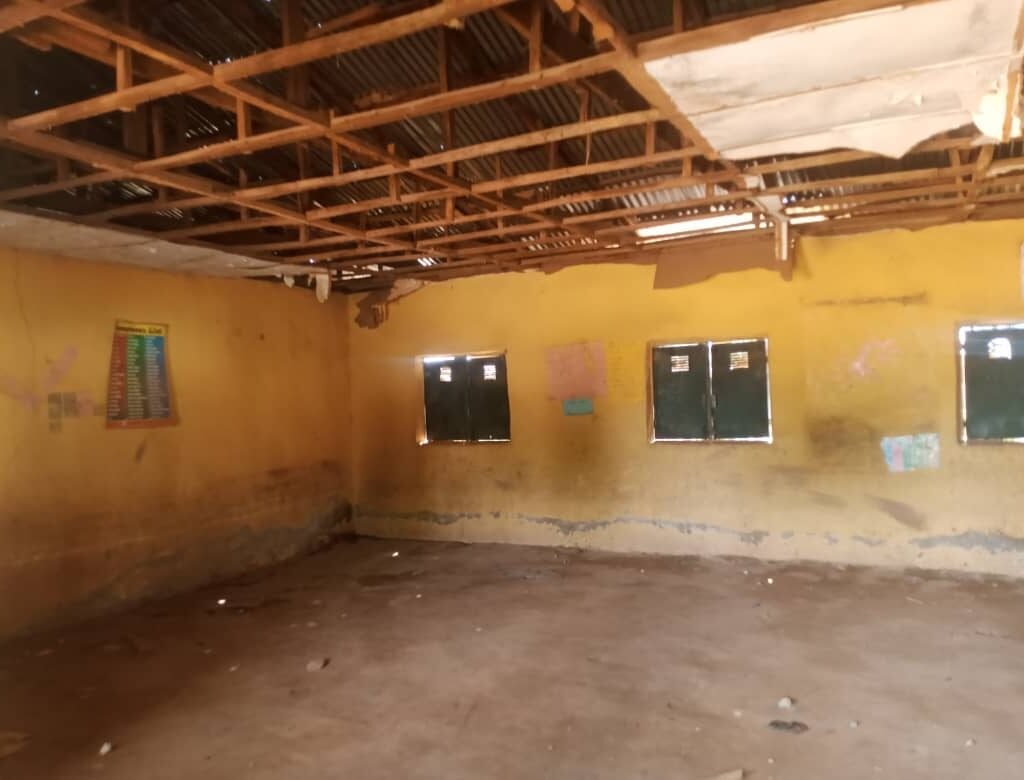
The FCT Secondary Education Board (SEB) recently inaugurated 16 newly approved senior secondary schools across the territory, including one in Piwoyi. SEB Director, Dr. Mohammed Sani Ladan, urged communities to support and “own” the schools, noting that 50 other communities that applied were not selected.
A Fragile Health System
At the lone health center, built in 2002 and later renovated by UNDP, just four staff and 13 volunteers serve the community. Without a generator, delivery kits, or essential supplies, staff ration electricity and bury medical waste by hand.
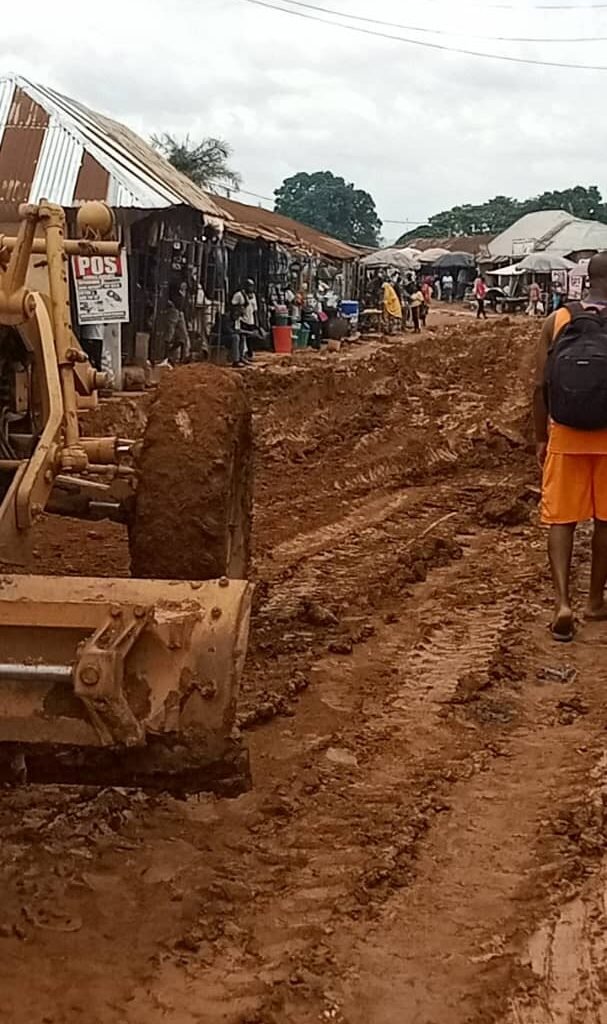
Housing Paradox
Despite these conditions, rents in Piwoyi are rising sharply from ₦150,000 to as high as ₦1 million for a one-bedroom apartment with basic amenities.
The Call for Action
For many residents, Piwoyi is a story of resilience against neglect. With Abuja expanding rapidly, the question remains: Will Piwoyi be remembered in Nigeria’s urban future or left to survive on its own?
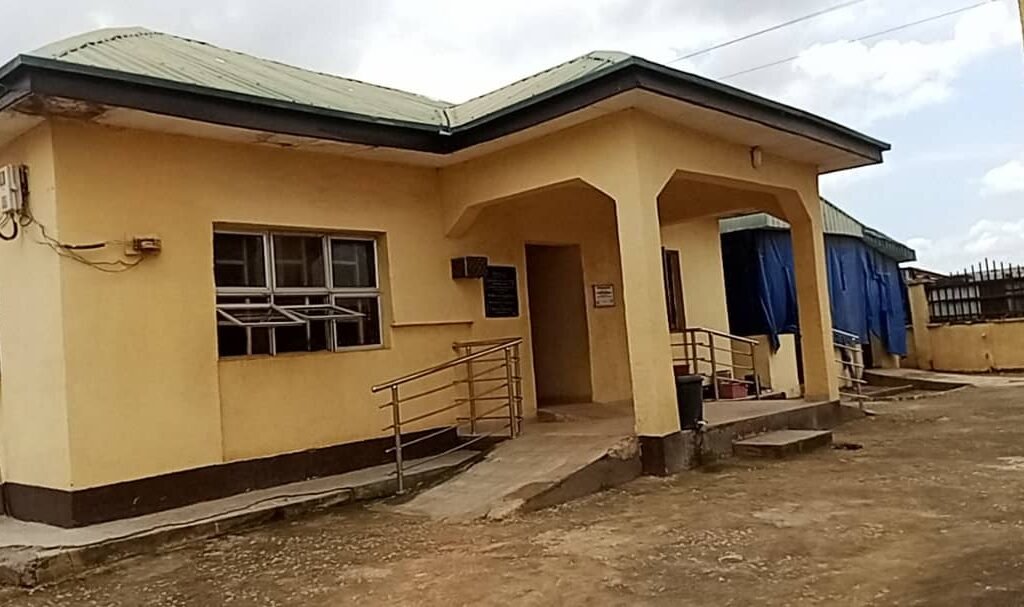
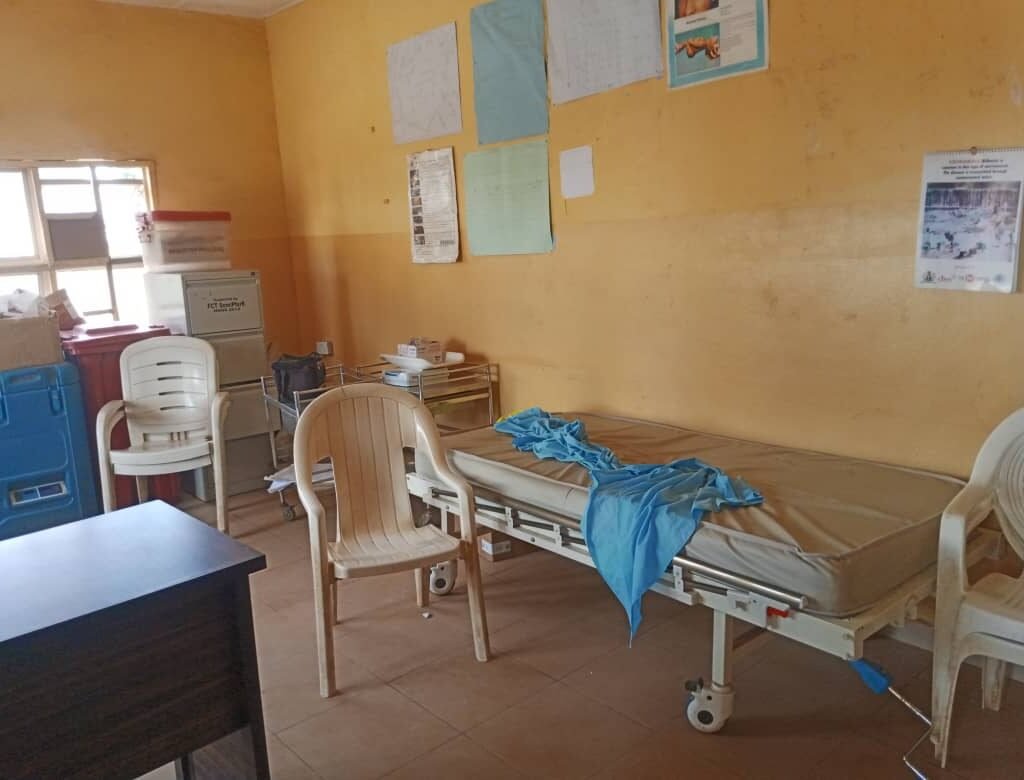
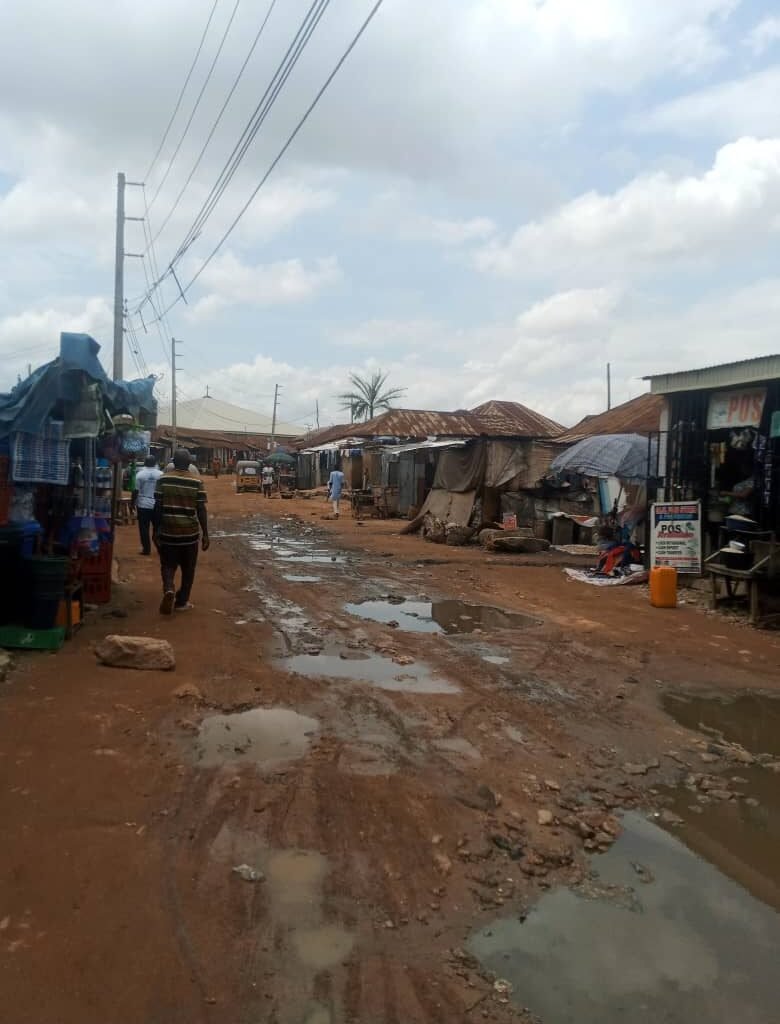
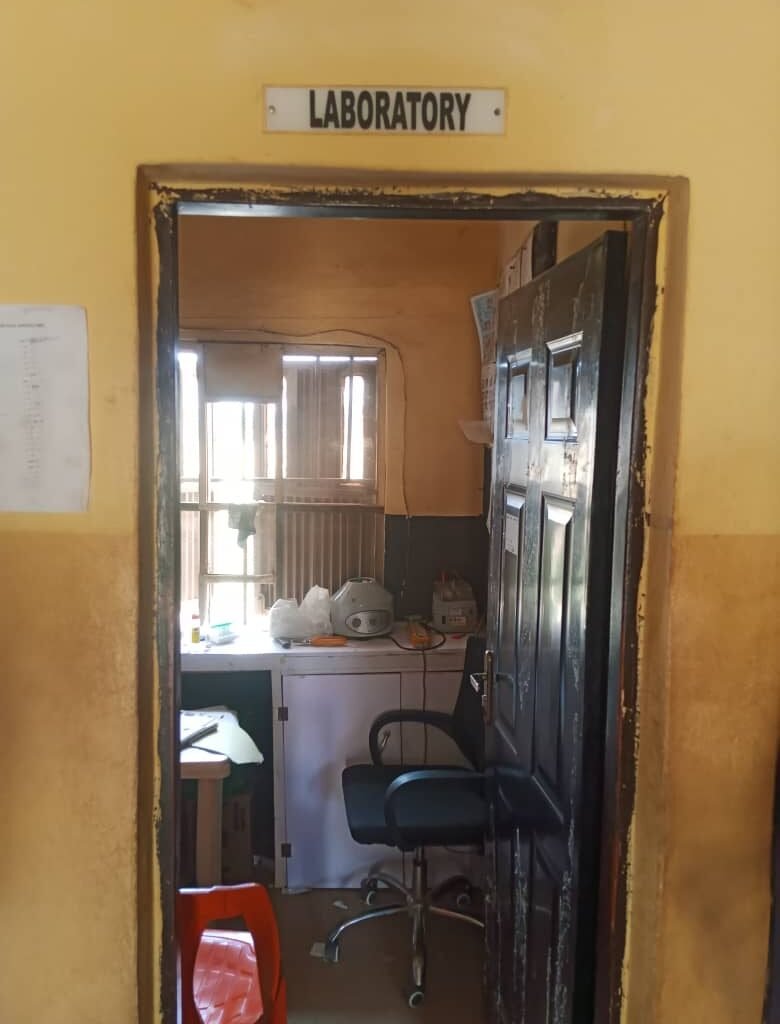







**mitolyn official**
Mitolyn is a carefully developed, plant-based formula created to help support metabolic efficiency and encourage healthy, lasting weight management.